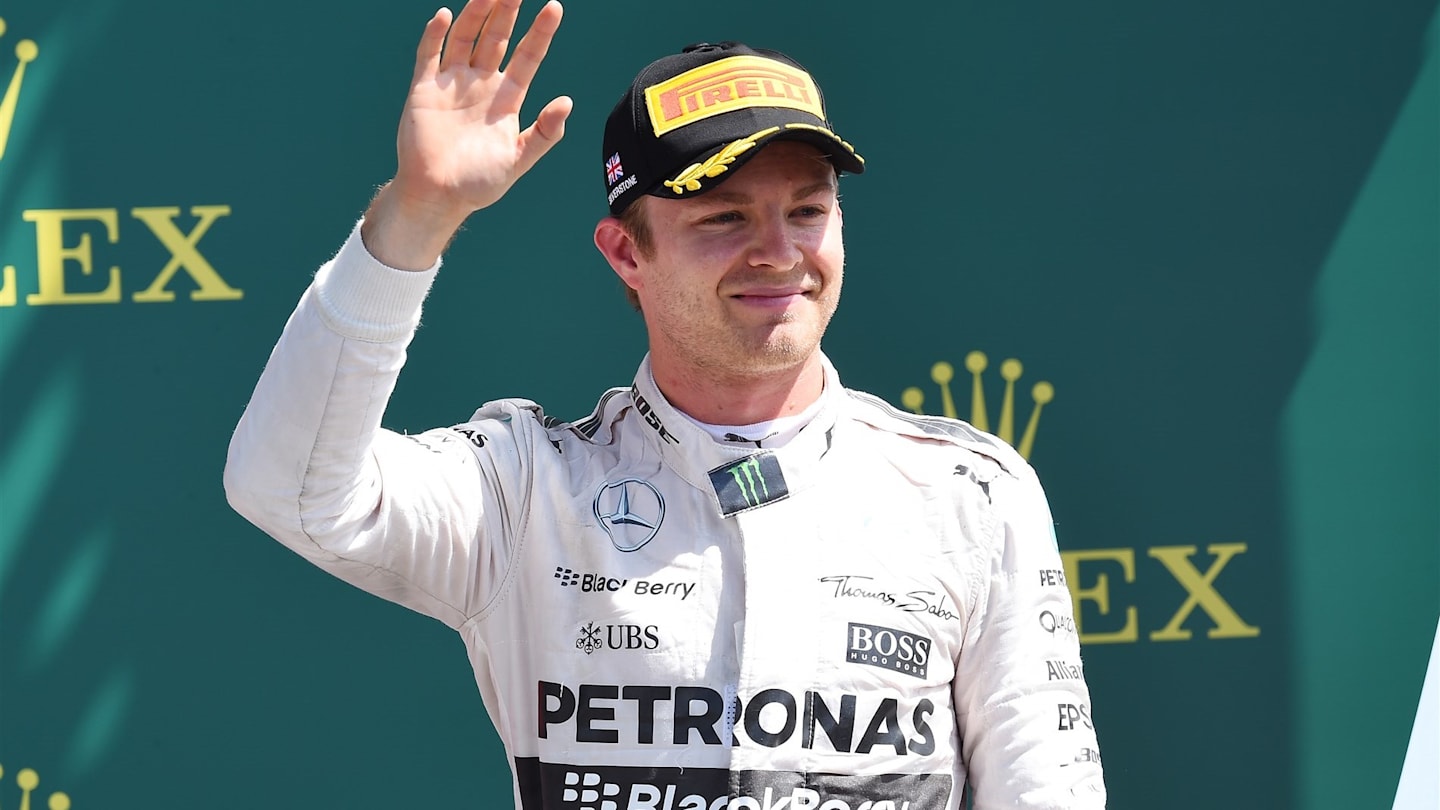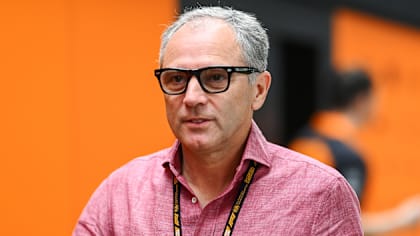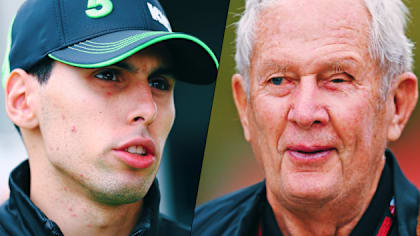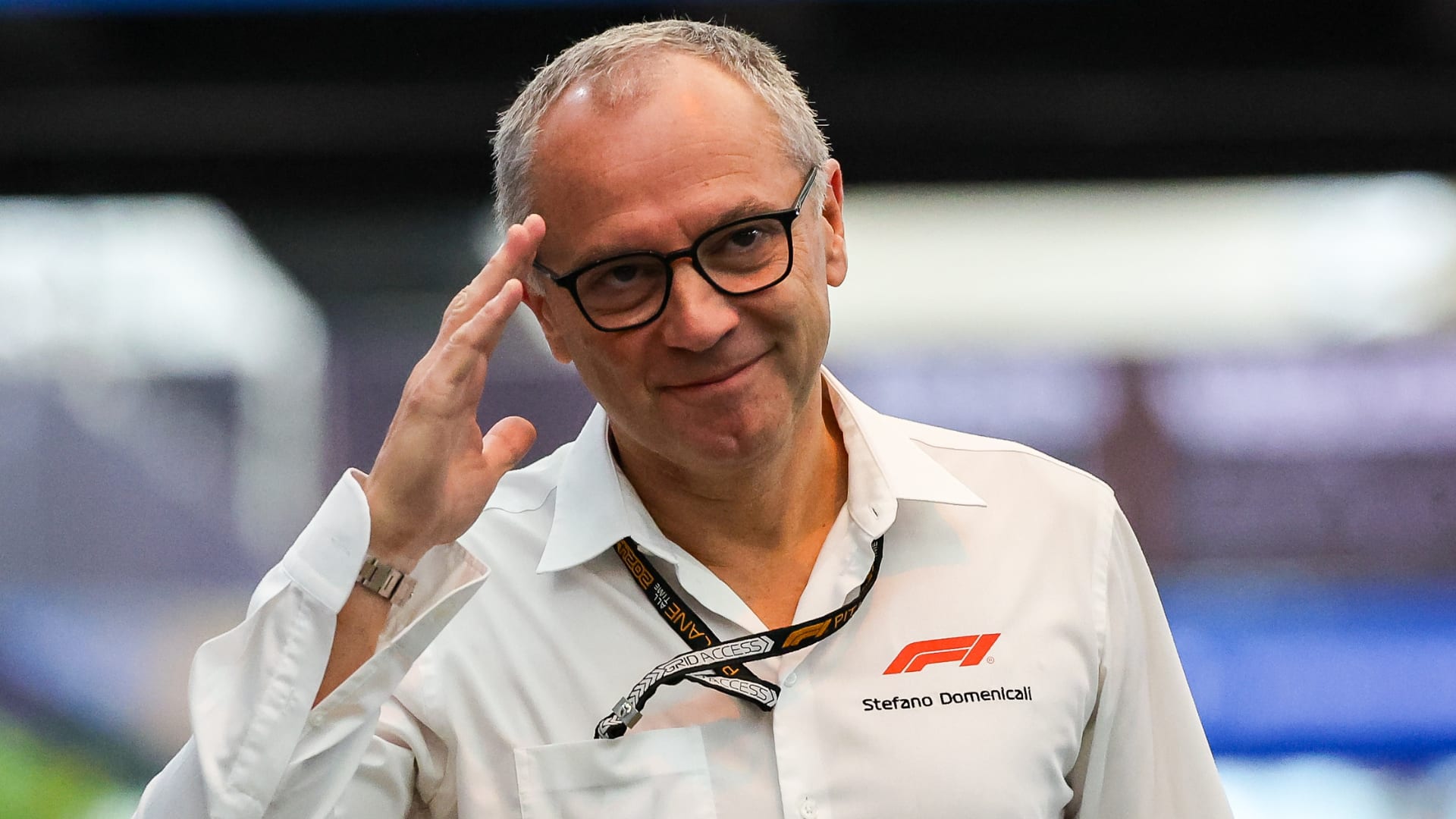The start of Formula One races will become far more unpredictable under the impending restrictions on driver aids, according to Mercedes' title challengers Nico Rosberg and Lewis Hamilton.

Nico Rosberg (GER) Mercedes AMG F1 celebrates on the podium at Formula One World Championship, Rd9, British Grand Prix, Race, Silverstone, England, Sunday 5 July 2015.
It will throw in a lot of variables - hopefully I can use it to my advantage
Nico Rosberg
From next month's Belgian round onwards, teams will be limited in how much advice they can offer drivers for the start procedure, with directives like turning torque up and down expected to be outlawed.
"It's good. It's going to make it even more exciting because it will be even more in our hands - and even more difficult - to do a good start," Rosberg said of the changes in a Mercedes team video.
The German also believes it is an opportunity for the driver to make a direct difference, adding: "[The changes] will throw in a lot of variables. It will be much more difficult - and much more difficult to predict the outcome of the start. Hopefully I can use it to my advantage."
Hamilton, meanwhile, said that while the driver has fundamentally the same task at the start, the complexity of getting a perfect getaway means there will likely be winners and losers at each race.
"We still have the same responsibilities," he commented. "When you do the start from the grid, normally the team can calculate how much grip there is and how much torque delivery the engine is giving. If you have too much torque you get wheelspin, if you get not enough it is a slow pull away, so the team will see that and tell you to turn the torque up or down.
"Now we can't do that, and we can't ourselves turn the torque up or down. There is such a differential between the first and the real start, there will be a lot of people getting bad starts."
While the race-start changes will come into effect in August, a raft of other rule changes are under consideration for 2016, including tweaks to F1 exhaust systems to improve engine noise, and giving teams an increased freedom of tyre compounds over a race weekend.




